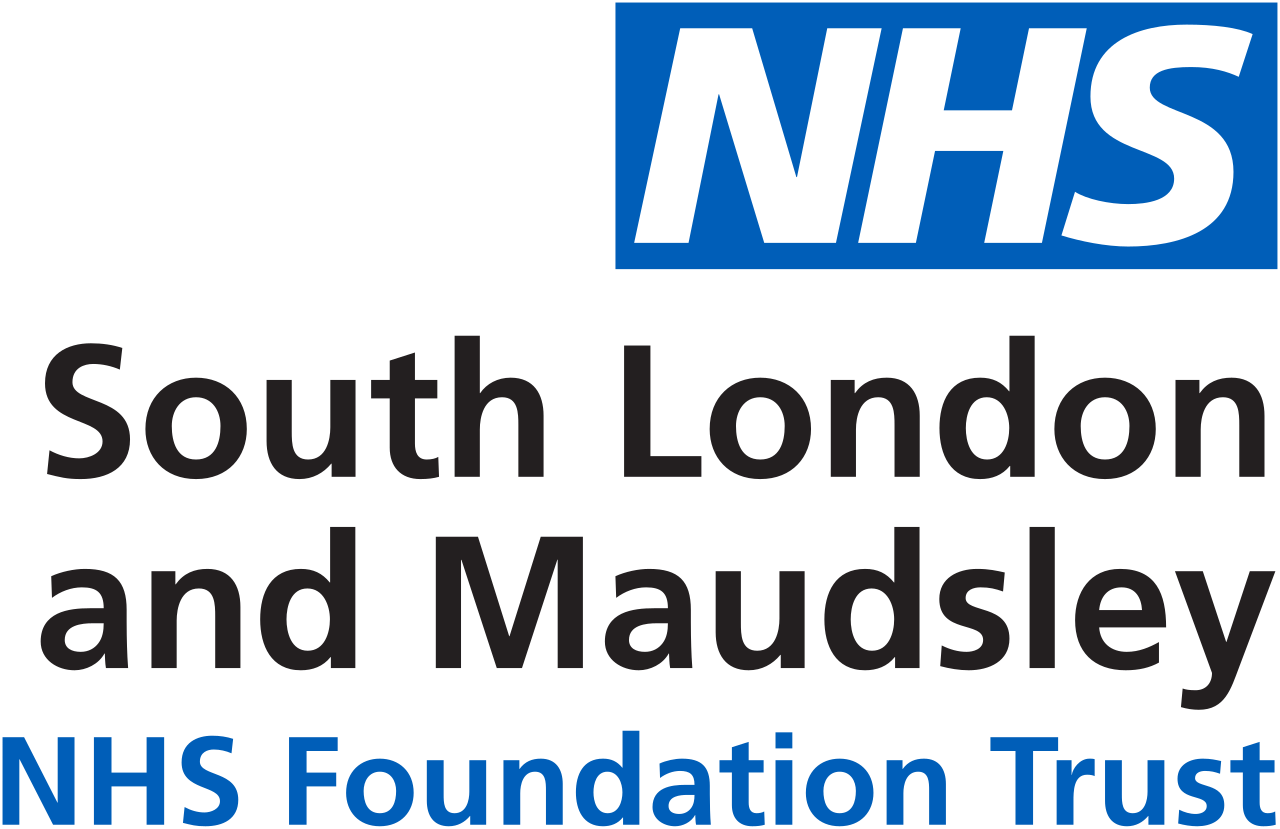Neurocognitive signatures predicting risk of recurrent depression (NESPRED) | C4C
“The development of new treatments that prevent recurrence of depressive episodes has been hampered by a lack of knowledge about psychological and brain changes that are risk factors. We have identified such risk factors in recovered patients that predict, on an individual basis, which patient will have another episode in the next year. By adding functional MRI scans, and a novel test of being inclined to self-blame to standard measures, we achieved over 80% accuracy. In contrast, standard measures alone were no better than chance guessing who would develop another episode. Patients were scanned whilst they experienced self-blame, which is thought to play an important role in depression by decreasing self-worth. We have demonstrated that recovered patients who go on to develop depression show altered connections in the self-blame-related brain network which differed from those who remained well.Despite these encouraging results, it is unknown: 1) whether we can confirm these results in a larger independent group 2) whether MRI is needed for predicting who will develop depression at an individual level or could be replaced by other more widely available measures (such as digital health or chemical markers) 3) whether the brain networks found to be disrupted when blaming oneself in depression are linked to abnormal stress hormones, the only established chemical risk factor for recurrence 4) whether the disruption in brain networks when blaming oneself makes people more vulnerable to develop depression after a stressful life event”

